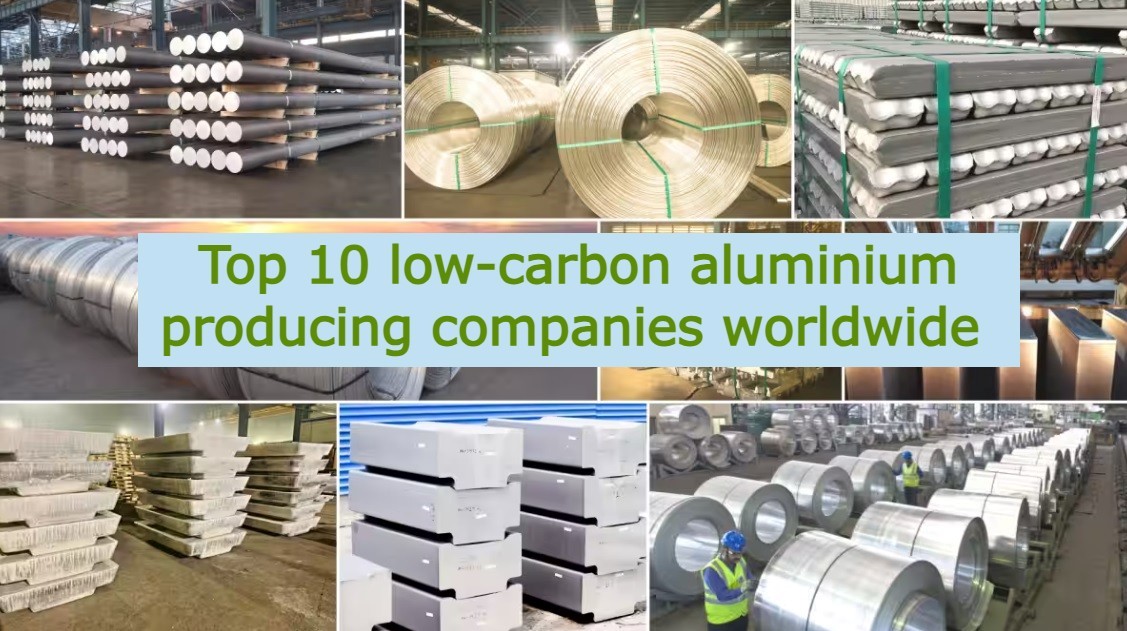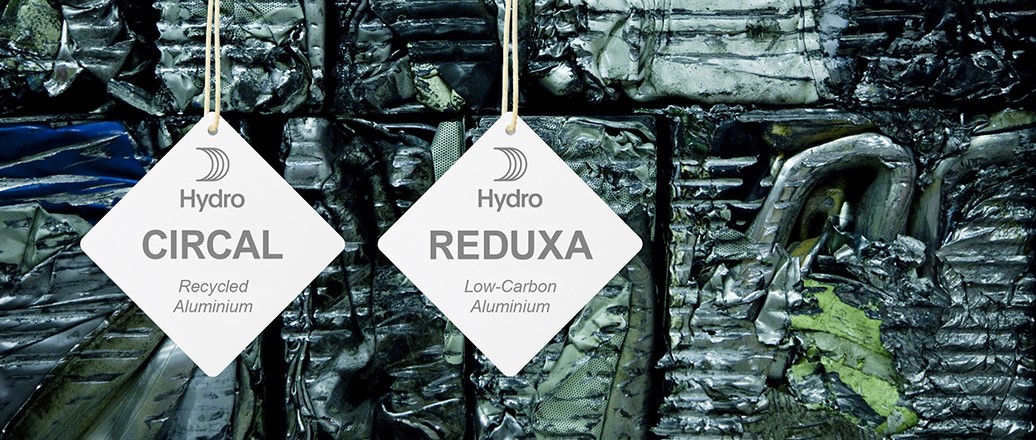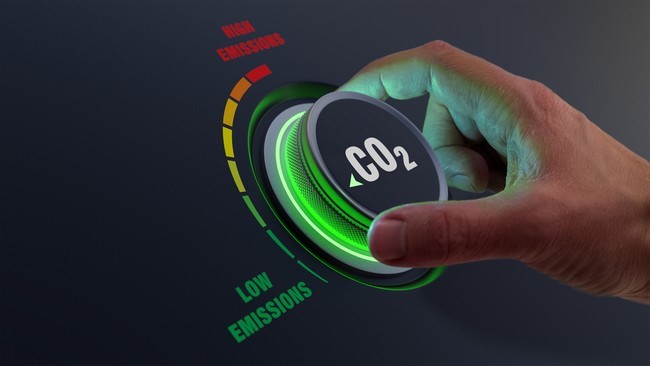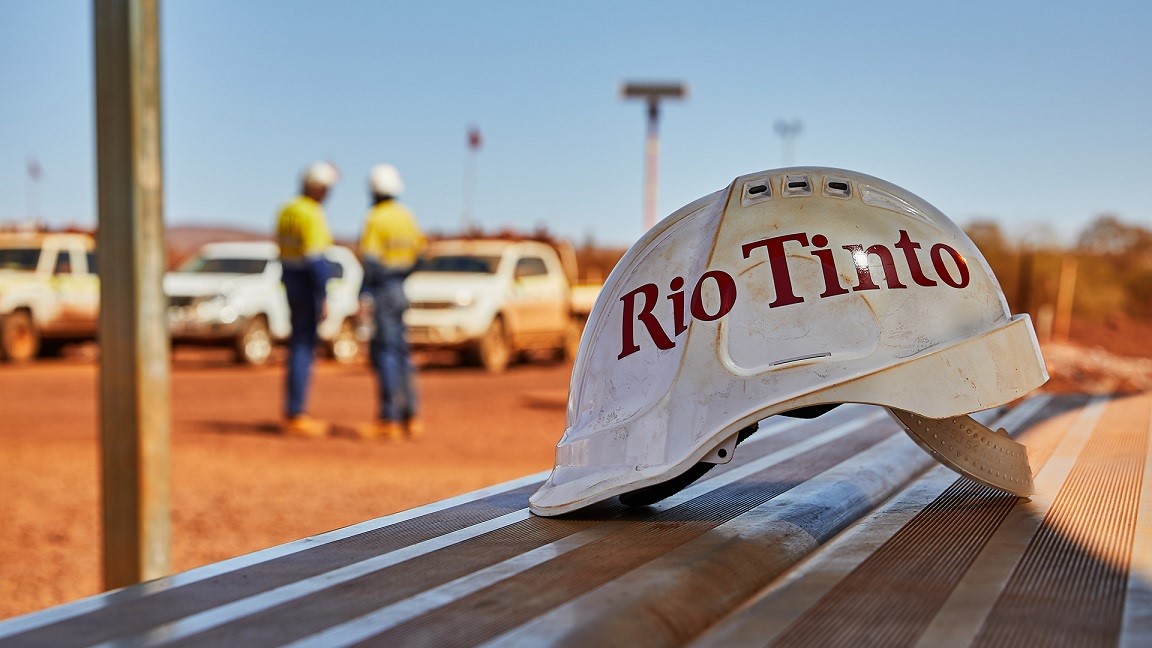

The aluminium industry is highly energy intensive, generating almost 1.1 billion tonnes of carbon dioxide annually, causing 2% of the global emissions affiliated with human activities. However, recycling post-consumer aluminium products can divert almost 90 million of CO2 from the atmosphere and save over 100,000 GWh of electrical energy from being exhausted in the production process. The extraction of primary aluminium from its raw bauxite form is a tiresome and time-consuming process, where one has to meticulously plan for the disposal or smart utilisation of residues. On the other side, we have aluminium scrap, which, with its inherent properties, can be recycled multiple times without losing the actual essence of the non-ferrous material. It has been calculated that almost 75% of the 1.5 billion tonnes of aluminium ever produced is still in the material loop, inducing a circular economy. It has been forecasted that by the end of 2050, the world aluminium demand will experience a colossal surge of 50-80%, and with declining international mining activities, it is certain that raw material hoarders and aluminium item manufacturers will look for greener options.

The world aluminium usage, inclusive of primary and recycled variants, did augment by 1.9% in 2022, officially quoting 95.3 million tonnes as the total haul, with steady growth in the demand for recycled aluminium in the last one-tenth of a century. It has been predicted that the overall demand for aluminium will probably escalate by 1.8% in 2023, while the recycled aluminium sector will experience a significant growth of 4.2%. Aluminium's 100% recyclability plays a huge part in this demand shift, as the transformational process has minimal material loss. In 2021, the world's recycled aluminium usage stood at 26 million tonnes, which grew by 1.1 million tonnes Y-o-Y to 27.1 million tonnes in 2022. In 2023, it has been projected that the intake will reach 28 million tonnes.
Sustainability is the need of the hour, with the UN specifying the terms of Net-Zero 2050 in alignment with the Paris Environmental Pact of 2015. Leading aluminium companies worldwide are altering their flagship production lines to incorporate renewable energy and more feasible technological upgrades for a better transition to a greener future. Primary aluminium producers such as Alcoa, Hydro, Novelis, and Constellium have made significant investments in developing their recycling facilities and improving their capacities. These players have established closed-loop scrap collection arrangements with their customers, which enable them to reuse more post-consumer scrap aluminium products. This trend is particularly apparent in the US and European markets, where the usage of such products is on the rise and is expected to continue increasing in the coming years. Even developing countries are now catching up with this trend, with significant investments being made by large industry players in setting up their own recycling facilities.
The list below cites the lowest most carbon-containing elements created by global aluminium companies in their journey toward sustainability and Net Zero:
Hydro CIRCAL and REDUXA: In 2022, Hydro achieved a noteworthy accomplishment by producing 130 tonnes of CIRCAL 100R at its recycling factory located in Clervaux, Luxembourg. This milestone marks the company's success in reaching its objective of creating the first net-zero carbon aluminium, utilising 100 per cent post-consumer scrap. This achievement is a considerable improvement in comparison to the current 2.3 kg CO2 per kg aluminium in Hydro CIRCAL extrusion ingot with 75 per cent post-consumer aluminium scrap. Furthermore, Hydro's 2025 plan is to invest in recycling to further enhance its leadership in low-carbon aluminium. The company has established a strategic goal of doubling post-consumer scrap (PCS) recycling by 2025 and increasing annual recycling EBITDA by NOK 0.7 to 1.1 billion. Hydro CIRCAL is one of the most prominent low-carbon raw materials in the end-user sector, with its usage varying from the automobile to the construction sector. Another strain of low-carbon aluminium specially formulated by Hydro for the manufacturing sector is REDUXA. Hydro REDUXA, utilizes renewable energy from water, wind and solar to produce low-carbon aluminium that significantly reduces the carbon footprint per kg of aluminium to 4.0, less than a quarter of the global average. It is important to note that Hydro REDUXA is verified according to ISO 14064 by DNV GL, covering all carbon emissions from bauxite mining and alumina refining to the production of aluminium in electrolysis and casting.

Capral LocAl®: Australian manufacturers now have access to more sustainable aluminium for their projects, thanks to the largest aluminium producer in the country. Capral Aluminium's LocAl® contributes two low-carbon aluminium options, among the lowest-carbon content aluminium choices available worldwide. These options are LocAl® Green, which has 8kg CO2e/kg Al* of carbon emissions, and LocAl® Super Green, which has 4kg CO2e/kg Al*. Capral Aluminium is committed to reaching net-zero emissions by 2050 and is making rapid changes to its operations and procurement strategies. The primary aluminium used in the LocAl® brand is only sourced from ASI-certified smelters and is available in various forms, including custom-designed aluminium sections, standard extrusions, geometrics, transport sections, solar rail, and marine. Capral Aluminium has also launched a zero-emissions delivery program with freight partner Goldstar Transport, who has been entrusted with the responsibility to deliver the company's locally manufactured extruded aluminium products, making the entire production and supply cycle greener.
Constellium CirConAl: Constellium SE announced its leadership of a new consortium of automakers and suppliers to develop innovative, low-cost aluminium extrusion alloys that are also lower in carbon. The project, dubbed CirConAl (Circular and Constant Aluminium), was funded by a £10 million grant from the UK's Advanced Propulsion Centre (APC) and aimed to optimise the use of post-consumer scrap in the production of high-strength alloys. The goal is to release less than two tonnes of CO2 for every tonne of aluminium produced. CirConAl is a part of the UK government and industry's joint effort to build a zero-emissions vehicle supply chain in the country. The project is set to demonstrate that high-strength alloys with a high recycled content can surpass OEM requirements, including strength, crushability, durability, and other performance parameters. This will be achieved by designing, developing, prototyping, and testing aluminium car components at scale.
Alcoa SUSTANA™: Alcoa Corporation announced its partnership with Gränges AB to provide the low-carbon aluminium rolling slab ECOLUM™, reducing carbon emissions across the supply chain. ECOLUM™ is a part of Alcoa's SUSTANA™ line of low-carbon products that promote supply chain sustainability. Alcoa Corporation also entered a supply agreement with Speira, a global aluminium rolling and recycling company consisting of seven facilities and one R&D centre, to offer low-carbon EcoLum™ aluminium. Speira caters to various industries such as automotive, packaging, printing, engineering, building, and construction. Alcoa also announced expanding its low-carbon alumina brand EcoSource™ on April 4, 2023. EcoSource is derived from Alcoa's global refining system, with an average CO2e intensity of less than 0.6 tonnes per tonne of alumina produced, including Scope 1 and Scope 2 emissions from bauxite mining and alumina refining. EcoSource is part of Alcoa's Sustana™ family, which is the most comprehensive in the industry, as it includes alumina, primary aluminium, and recycled content. Other products in the line include EcoLum™ low-carbon aluminium, which has less than 4.0 tonnes of CO2e for every tonne of metal produced and offered in various primary products, including foundry, slab, billet, wire rod, high purity, and P1020. It is three times better than the global industry average and EcoDura™ aluminium, made with a minimum of 50 per cent recycled content. EcoDura™ is beneficial for building and construction customers in terms of LEED® certification points. Alcoa provides certification from the Aluminium Stewardship Initiative (ASI) for EcoLum and EcoSource.

Novelis AL:sust™: Novelis, the American industrial aluminium company and world leader in aluminium rolling and recycling, has launched a collection of innovative low-carbon aluminium solutions under its AL:sust™ brand. With at least 80% recycled content, these sustainable products are ideal for various end-use applications in different markets and customer needs. Two of the primary low-carbon aluminium strains in the family are HRC73A® and HRC57S®. In collaboration with HES-SO Valais-Wallis, EPFL of Energypolis Campus, and energy distributor OIKEN, Novelis has recently signed a long-term collaboration agreement to establish a joint research and development (R&D) laboratory to progress carbon-neutral solutions for aluminium production. The company, a subsidiary of Hindalco Industries, has launched Novelis HRC57S®, an anodising quality aluminium product containing more than 90% recycled scrap. According to Novelis, this innovative product possesses superior quality for decorative batch anodising with additional bending capacity and non-combustible properties, which are not found in any other alloy of aluminium to date. To ensure that the shine, colour, and corrosion resistance of the alloy meet the standards of the architecture industry, it had to undergo multiple tests and experiments. In 2021, Novelis introduced another high-recycled, pre-anodised product, HRC73A®, which has already been nominated for the prestigious German Innovation Awards 2022. Like HRC57S®, it is composed of more than 90% recycled material, meeting the low-carbon needs of the customer.
RUSAL ALLOW: Rusal, a leading producer of low-carbon aluminium, incorporates 20% of aluminium scrap into their Primary Equivalent Foundry Alloys (PEFA) during production. The company aims to enhance PEFA production in H2 2023 by increasing the recycled content to 30%. The new product meets OEMs' requirements, ensuring a low carbon footprint and recycled content. This aligns with the strategic requirements of the automotive industry's circular economy and carbon neutrality commitments. Rusal's ALLOW brand produces over three million tonnes of low-carbon aluminium, which is independently certified. The company approved its Climate Strategy in December 2022, which aims to reduce greenhouse gas emissions by at least 25% by 2032 and at least 47% by 2050.
Rio Tinto: Rio Tinto, a global mining and metal company, has announced plans to build a new aluminium recycling facility at its Arvida plant in Saguenay-Lac-St-Jean, Quebec. The investment is expected to cost C$35 million (US$29 million) and will have an initial capacity of 30,000 tonnes per year. The development established Rio Tinto as the first producer of primary aluminium in North America to use recycled post-consumer aluminium in alloys. The company is committed to increasing low-carbon aluminium production by integrating the circular economy into its value chain. The Arvida recycling facility is expected to be operational by the second quarter of 2024. This investment will help Rio Tinto expand its range of low-carbon aluminium products that it offers to clients in various industries, including construction, packaging, and automotive. Over the years, Rio Tinto has invested US$87 million and US$188 million to increase its recycled aluminium production in Canada.

En+ Group: En+ Group, the world's leading low-carbon aluminium and hydropower producer, has achieved a major milestone in the metals sector by producing aluminium with the industry's lowest carbon footprint. The carbon generated during smelting per tonne of metal was less than 0.01 tonnes, resulting in an aluminium purity of over 99%. This achievement was made possible by using new-generation inert anode electrolysers at En+ Group's experimental industrial site at the Krasnoyarsk Aluminium Plant (KrAZ). These electrolysers have a capacity of producing approximately one tonne of aluminium per day at a current of 140,000 A. Lord Barker of Battle, Executive Chairman of En+, has stated that this achievement is a significant step towards the company's goal of achieving net-zero carbon by 2050 and reducing greenhouse gas emissions by at least 35% by 2030.
Hammer Aluminium Industries (HAI): Lorenz Kögler, the Plant Manager of HAI Casting Ranshofen, had shed light on the impressive recycling rate at HAI and provided fascinating insights into the utilisation of scrap and technical expertise in the Ranshofen foundry of the HAI Group. The carbon footprint of SustainAl 2.0 and SustainAl 4.0 alloys is significantly lower than the European average, making them highly sustainable. Customers are presented with certificates demonstrating the CO₂ reduction achieved with SustainAl compared to the European or global average, either for a specific project or over a desired period. This allows customers to evaluate and showcase individual projects or simply demonstrate a transparent contribution to their sustainability strategy, even if they do not rely completely on SustainAl for their aluminium extrusion requirements.
Aludim: A European manufacturer of rolled aluminium with over sixty years of experience in the industry, launched a new range of products called 'Aludium Eco'. These products have been third-party certified to have a carbon footprint of less than 4 tons of CO2 per tonne of aluminium from cradle-to-gate. Furthermore, it has been reported that some Aludium Eco products have an even lower carbon footprint, with less than 3 or even 2 tonnes of CO2 per tonne of aluminium.
If you wish to learn more about the industry trends in the aluminium recycling sector, please have a look at AL Circle's specially curated report, World Recycled Aluminium Market Analysis.



Responses






